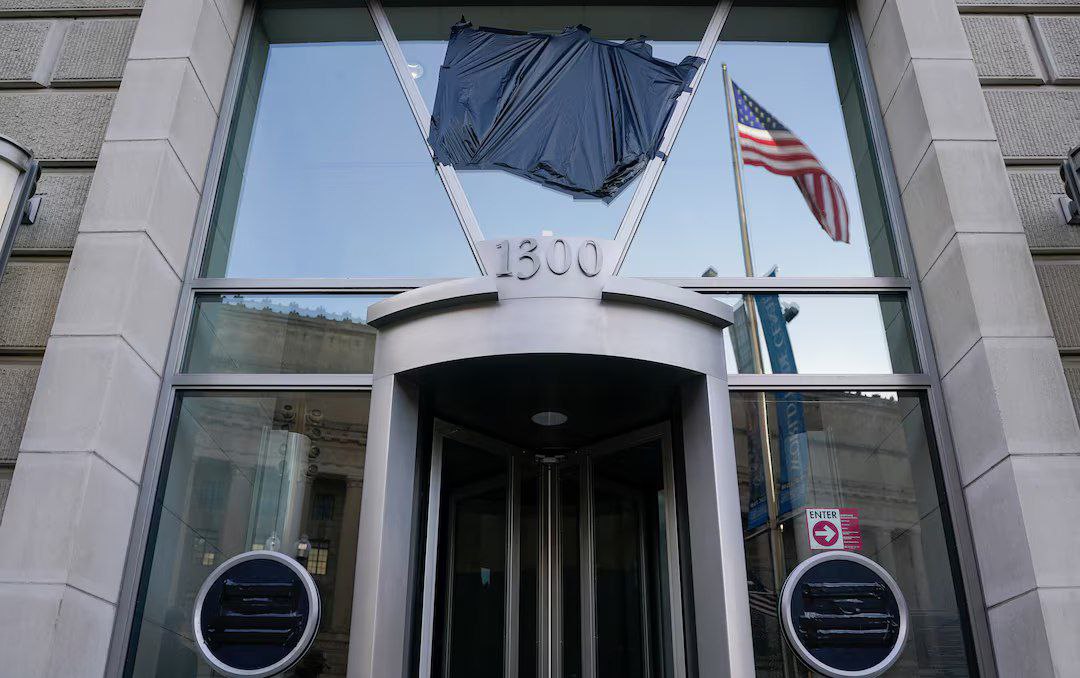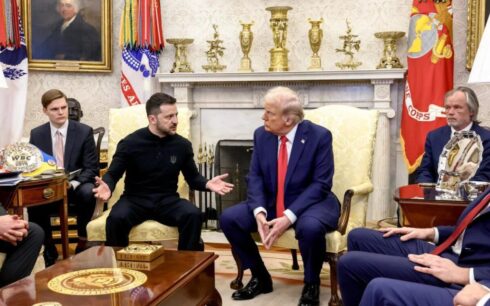A U.S. federal judge issued a temporary order allowing approximately 2,700 U.S. Agency for International Development (USAID) employees—who had been placed on leave by President Donald Trump’s administration—to return to work, effectively pausing key aspects of a broader effort to restructure the agency.
U.S. District Judge Carl Nichols, a Trump appointee, partially granted a request from the largest U.S. government workers’ union and an association of foreign service employees, both of which had filed a lawsuit to block the administration’s plans to scale down the agency.
Nichols’ ruling, which remains in effect until February 14, prevents the administration from carrying out its plan to place approximately 2,200 USAID employees on paid leave starting Saturday and reinstates about 500 workers who had already been furloughed. Additionally, the order prohibits the government from forcibly relocating USAID humanitarian workers stationed abroad.
The judge scheduled a hearing for Wednesday to consider extending the injunction. In his ruling, Nichols noted that the unions had presented a “strong showing of irreparable harm” should the court fail to intervene.
However, Nichols denied other requests from the unions, including the reopening of USAID offices and the restoration of funding for agency grants and contracts.
In a notice sent to USAID employees on Thursday, the administration stated that only 611 “essential” workers would remain active within the agency, which has a global workforce exceeding 10,000 employees.
Karla Gilbride, an attorney representing the unions, argued in court that the administration’s actions—ranging from mass furloughs to office closures and forced relocations—exceeded executive authority and violated the constitutional separation of powers.
Justice Department attorney Brett Shumate defended the administration’s position, stating that 2,200 USAID employees were slated for paid leave and confirming that 500 had already been affected.
“The president has determined that there is corruption and fraud within USAID,” Shumate told the court.
Trump, in a post on Truth Social, accused USAID of mismanagement and fraudulent spending—though he provided no evidence to support his claims.





